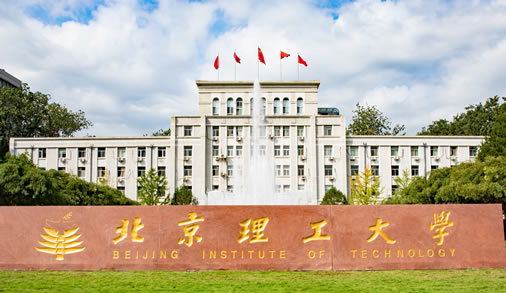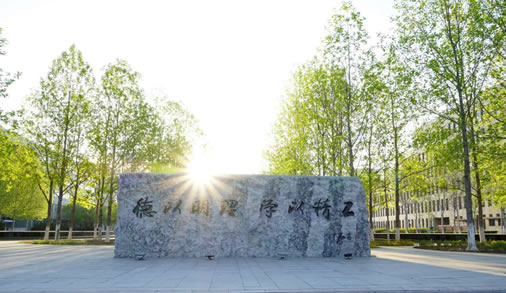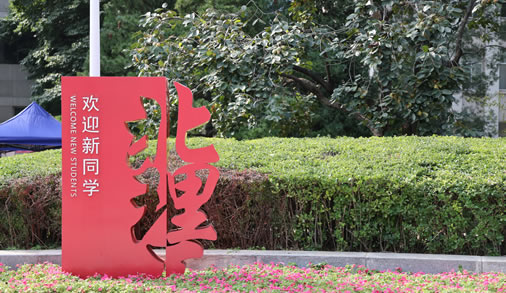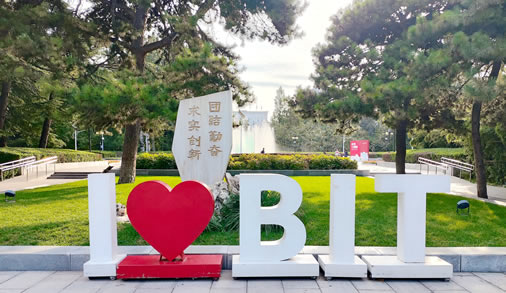

Updated: 2025-03-13
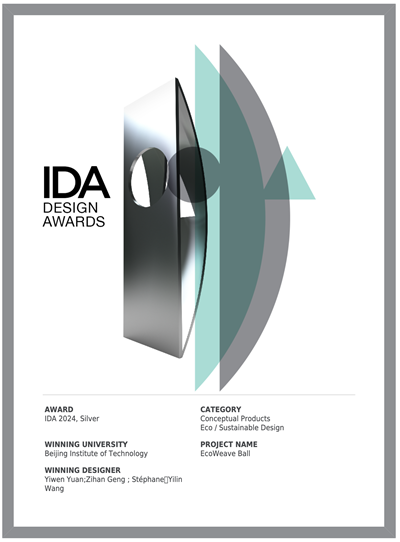
The certificate of the International Design Awards for Beijing Institute of Technology's team
The 18th International Design Awards (IDA) for 2024 has recently announced its list of winners. The project EcoWeave Ball, by the Sun Bowen research group from the Open Design Laboratory of the School of Design and Arts at Beijing Institute of Technology (BIT), stood out from thousands of entries submitted from over 80 countries and regions worldwide. It won the silver award.
The IDA, founded in 2007, is one of the most respected and influential international design awards in the United States and globally. It aims to promote innovative design that focuses on sustainability, intelligence and scientific advancement.
The awards cover five major areas: architecture design, interior design, product design, fashion design, and graphic design.
The judging panel consists of renowned designers and professionals from the global architecture, design and fashion industries, dedicated to inspiring public attention to outstanding designs worldwide. The awards seek to lead and generate new concepts that are innovative and point in a new direction, while identifying designs that truly meet international standards.
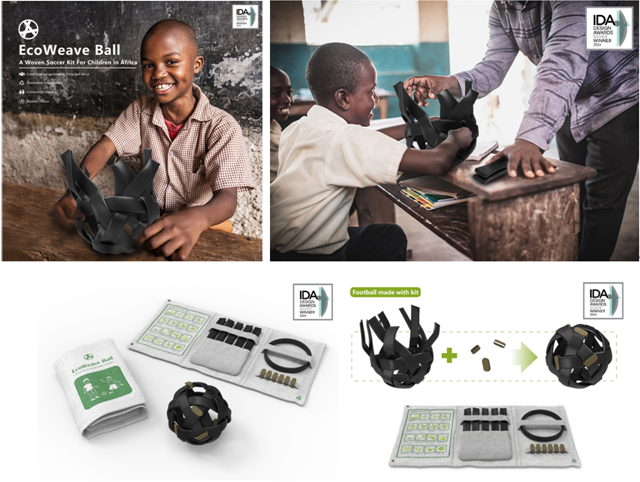
The picture of the design EcoWeave Ball
The award-winning work EcoWeave Ball, designed by BIT's team, is based on the vision of promoting diverse and inclusive modernization and eco-friendly modernization in Africa, as proposed in the Forum on China-Africa Cooperation, to achieve coordinated development of the material civilization and spiritual civilization, and to jointly promote global green and low-carbon transformation.
Addressing the issues of environmental pollution from discarded tires in Africa and the lack of toys for children, the design team created a toolkit that enables African children to make their own soccer balls by hand. The materials for the product are sourced from discarded tires and incorporate the traditional Chinese weaving techniques of the cuju (an ancient Chinese soccer ball), stimulating the manual skills and creativity of African children.
This project deeply integrates environmental protection and educational concepts, bringing new opportunities for cultural exchange and innovative education to African communities.
In the future, the school will further explore cutting-edge global fields, and establish an open and diversified platform for design practice and exchange. It will promote the integration of design and sustainable development, particularly advancing innovation in the areas of environmental friendliness, efficient resource utilization and social welfare, as well as driving the design field towards greener, low-carbon and more sustainable development.


